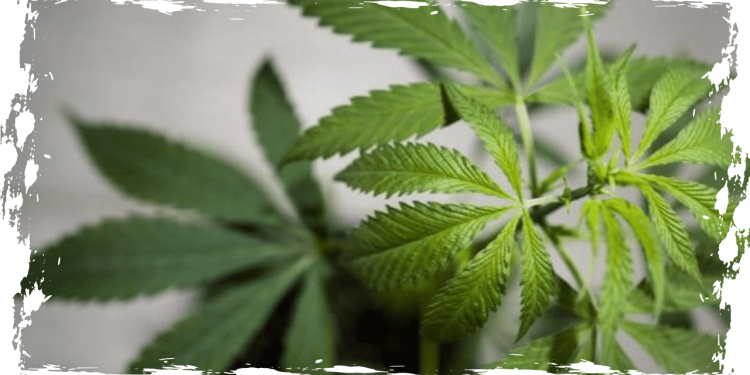The House version of the agriculture bill includes a restriction on intoxicated hemp products.
If the amendment passes through a politicized House and a divided Congress, it will bring an end to America’s brief experience with nationwide cannabis legalization.
Rep. Mary Miller (R-Ill.) introduced language to the House version of the agricultural bill that effectively repeals a significant legal change made by an all-Republican coalition in the 2018 agriculture bill.
The last bill made it far easier for American farmers to grow non-intoxicating cannabis cultivars, known as “hemp,” for industrial and medical purposes.
However, according to The Hill, the vagueness of the law’s wording and the fact that intoxicating and nonintoxicating varieties of cannabis (“hemp” and “marijuana,” respectively) are functionally the same plant have allowed for the evolution of something not seen in America since the Gilded Age: a thriving market in widely available and largely unregulated cannabis products.
A group of 22 state attorneys general wrote to Congress in March, requesting its closure, stating that the 2018 Farm Bill’s ambiguity had caused a massive gray market worth an estimated $28 billion to explode.
The lawyers claimed that the 2018 law forced “cannabis-equivalent products into our economies regardless of states’ intentions to legalize cannabis use, and dangerously undermining regulations and consumer protections in states where adult-use legal cannabis programs are already in place.”
Miller’s amendment, co-sponsored by Rep. Doug LaMalfa (R-Calif.), who is from a state where marijuana is legal, limits the definition of legal hemp to “naturally occurring, naturally derived, and non-intoxicating cannabinoids.”
That likely means cannabinoids like delta-8 THC (naturally occurring but chemically created and very psychoactive) would be out.
Intoxicating drinks and snacks containing delta-9 THC or THCa—aalternative names for the same active ingredient found in “marijuana” marketed in regulated states such as California—wwould also qualify.
In a statement, Miller stated that she was “proud her amendment was included to close the loophole that has allowed drug-infused THC products like Delta-8 to be sold to teenagers in packaging that looks like candy.”
In contrast, the hemp industry, which is worth $28 billion and sees the amendment as an existential threat, responded on Friday.
The Hemp Roundtable urged “all Representatives to vote against the Farm Bill unless the Mary Miller Amendment is removed,” describing the provision as “hemp industry-killing.”
The National Cannabis Industry Trade Group, which represents both sectors, was more ambiguous.
Co-founder Aaron Smith advocated for “sensible federal regulations that apply equally to hemp- and marijuana-derived cannabinoid products.”
Congress considered tackling the proliferation of possibly legal cannabinoids in last year’s attempted agriculture bill, but the huge gaps in Congress and the instability surrounding House Speaker Mike Johnson’s (R-La.) election stymied any such efforts.
The impending assault on hemp, like so many other aspects of the farm bill, pulls together an odd cast of characters.
Marijuana producers in states with tightly controlled recreational markets, such as California and Nevada, have been among the most vocal in pushing for a crackdown on intoxication hemp—aa competitive product that is sometimes functionally identical to their own but is not regulated at all.
This is due, in part, to the United States Food and Drug Administration’s belief that hemp products are unsafe and hence do not require regulation.
The amendment, however, will only have an influence on the enormous and developing hemp market if it gets through the House, which is far from certain.
It would also have to get through the Senate, which would necessitate compromise on the food aid measures that Democrats and a wide range of civil society groups perceive as cuts.
The Senate version of the agricultural bill reauthorizes the hemp program without modifying its definition.










